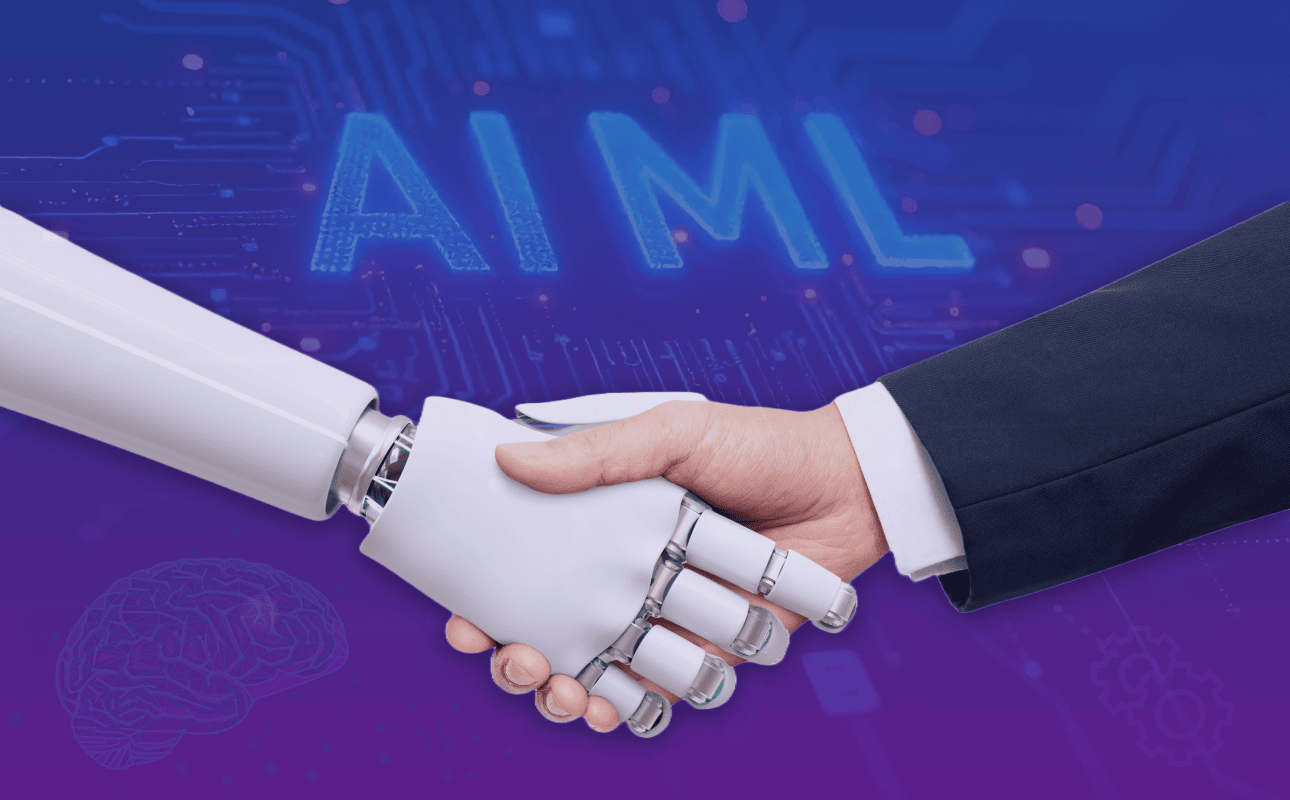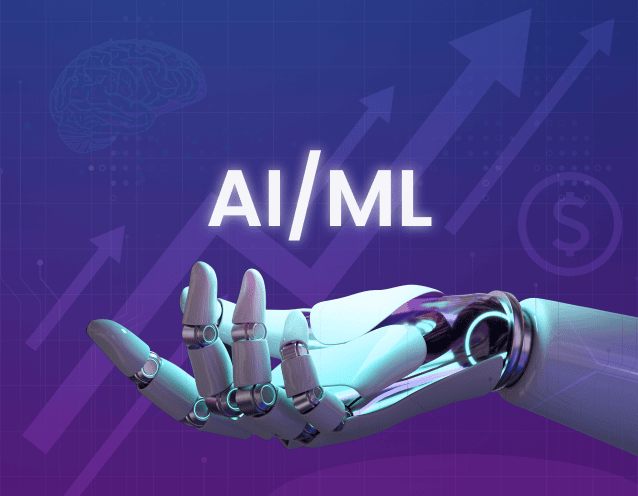Do you know AI can boost business productivity by 40%? As per Verdict, imagine how much big companies can achieve in small businesses. A more extensive business environment is awaiting better management techniques that can help reduce costs in the company while improving customer satisfaction levels.
AI (Artificial Intelligence) and ML ( Machine Learning) can be integrated, which is not just an opportunity but a necessity. AI/ML-based businesses have enhanced productivity. Besides improving business processes, AI/ML can do many things for the business.
CompTIA’s IT Industry Outlook 2024 indicates that just under 56% of businesses stated they are exploring today’s AI and ML solutions in some form or have started researching or evaluating future tools.





